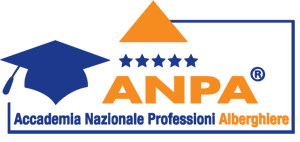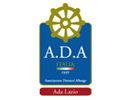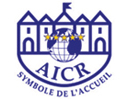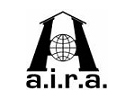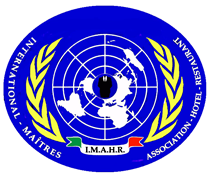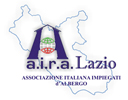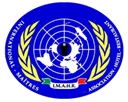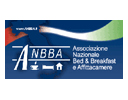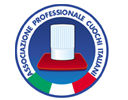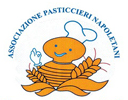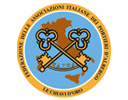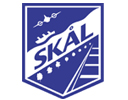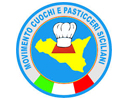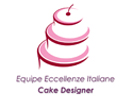Description
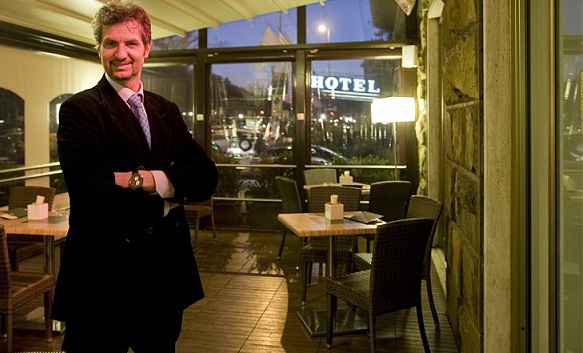

DESCRIPTION
PROFESSIONAL MASTER IN FOOD & BEVERAGE MANAGER
The International Master in Food & Beverage Manager, organized by ANPA - National Academy of Hotel’s Professions, with the exclusive partnership of I.M.A.H.R. International Maitres Association Hotel Restaurant and the Associations ADA Lazio, AICR, AIRA and SKAL International, aims to train a professional Manager in charge of the planning and the general organization of the restaurant department in hotels and in medium and large size restaurant companies, as well as to provide the right business skills to start and manage an own restaurant activity (restaurants, winebar, pubs, bars, pizzerias, etc.). The Food & Beverage Manager, or the Restaurant Manager, is one of the most recruited managerial profiles in the national and international market, being the key figure in the management and supervision of operational sectors of the kitchen and the lounge room. To start a career as Food & Beverage Manager, open to young and more senior, men and women, Italians and foreigners with organizational skills and vocation for leadership, it is required to hold a high school diploma and/or an university degree (in case of lack of experience in the field). Particularly targeted to the profile seems to be Chefs, Maître Sommelier and Restaurant’s staff that have already gained experience with the professional culture and the technical expertise in the food and wine field. The professional figure trained by the International Master in Food & Beverage Manager organized by ANPA, will hold all the skills required to be in charge of the planning and the general organization of the restaurant sector: from the supervision of supply to the quality control, of management, health and safety at work , from the organization of the human resources to the relations with suppliers and customers, from the contract management to the accounting of the company and to the definition of the food and wine lines of the structure. In particular, it will be able to define and plan the composition of the menu and the wine list, to define the related bid packages and promote the launch of the company through targeted marketing strategies. The teaching will be entrusted exclusively to Food & Beverage Managers, Maîtres and high level managerial and operational professionals profiles working in prestigious hotels and dining facilities. The master is divided into a theoretical/practical phase in full immersion modality of 72 hours spread in three months, with the possibility to carry out (subject to the availability of companies) a subsequent internship period from 1 to 6 months in dining and hotel facilities: we speed up, in this way, the direct contact between the students and the entrepreneurial market through a concrete experimentation in the field of the skills acquired during the training
Didactic Program
DIDACTIC PROGRAM
PROFESSIONAL MASTER IN FOOD & BEVERAGE MANAGER
-
Food Marketing: the role of marketing in the food companies; the functions of the Management; marketing planning and evaluation of results; the marketing mix for restaurant companies; the life cycle of the product for food companies; the information system for the restaurant companies; the structure of an information Marketing system; the information system of internal Marketing; the external information of Marketing; the methodology of market research; segmentation and market variables; the behavioral characteristics of consumers; techniques to determine the degree of customer satisfaction; techniques of composing a balanced menu; composition techniques and pricing, stages of cost of commodities; preserve crops and production systems; elements for the analysis of the C.V.P.; the positioning of the restaurant and the quality indicators; the benchmarking competition.
-
Cost Analysis and Management in restaurants: the operational management of the Food Cost area; the configuration of costs and revenues; planning, monitoring, analysis and corrective action; the evaluation of the target; accountability factors; allocation of costs and revenues; inventory management; bookkeeping; controllable and uncontrollable factors; the Food Cost Analysis Report; the Weekly and midweek Report; the trend graph of the monthly report; the total sales and the first cost; the graphic trend of costs and revenues; total quality in services; the analysis of supply and demand; competitive analysis.
-
Composition of the wine list and food&wine matching techniques: the organization and the management of the cellar; the overall planning of the purchases; the definition of the wine list; choosing and serving wine; the selection of the producers; verification of the quality of the batches of wine, delivery times, prices and terms of payment; updating and verification of stocks and the "register of the basement"; organoleptic analysis and tasting techniques: wine, cellar practices and treatment of musts; evolution, changes, defects and diseases of wine; the national and foreign Enography; the fundamental principles of matching food and wine; service, bottles and glasses.
-
The mise en place, the organization of the restaurant and the techniques of communication with customers: the brigade of the dining room: hierarchies, roles and relationships between the individual components; the decor of the dining room; organization and service styles; equipment and tooling of the breakfast room and restaurant; setting up a buffet; the organization of the service and the reception techniques; communication techniques with the client and complaint handling; behavioral techniques and quality of service; the slice and the service of fish, meat, cheese, fruit and dessert; the proper use of the menu and the wine list for the optimization of supply options to the customer.
-
Organization and management of the bar department: the decor of the bar: planning, organization, equipment and tools; the glasses in the bar; coffee, cocoa, tea and herbal teas; technical preparation and service of aperitifs and cocktails.
-
Hygienic/sanitary regulation and food preservation techniques: the HACCP system: the food industry and the basic knowledge of hygiene; the relevant legislation and its innovative aspects; prerequisites of hygienic safety; procedures for cleaning and disinfection; the kitchen staff and its training; self-control of the production: introduction to HACCP; preservation techniques, freezing and thawing of foods; the vacuum; food trade sector.
-
Legislation on plant safety: the legal framework on safety in the workplace; general safety at work (D. Lgv. 626/94; 242/96; 46/90; L. 283/62; DM 327/80, 547/95); the accident register; handling of products for sale; main rules related to work areas and passage; electrical systems; fire-fighting systems; main rules on emergency exits; safety signs; stairs and railings; the stacking of materials; refrigerators and cold storage; accidents at work and the checklist.
-
Labor Contracts and accounting: obligations of the employer; recruitment and assignment qualification; creation of employment relationship; rights and duties of the worker; rights and duties of the employer; resignation and dismissal; the various types of contracts; remuneration; working hours; accounting in enterprises; the financial statements; accounting tools for management; the budget and the control system.
-
Techniques of furniture and interior design: analysis of the different categories of the restaurants according to the eating habits; parameters of space communication and visual communication; identification of elements (typological) that contribute to the creation of the atmosphere; critical analysis of examples of food facilities; innovation and future: the latest trends.
-
Safety and accident prevention in the workplace (optional learning module - cost € 120.00 + VAT 22%)




